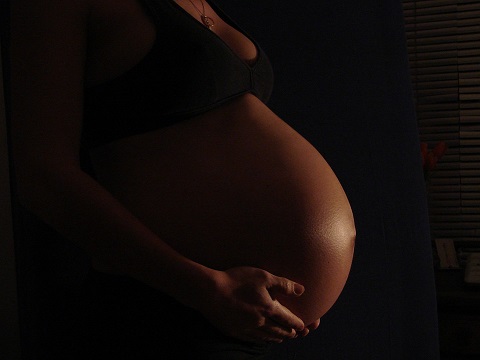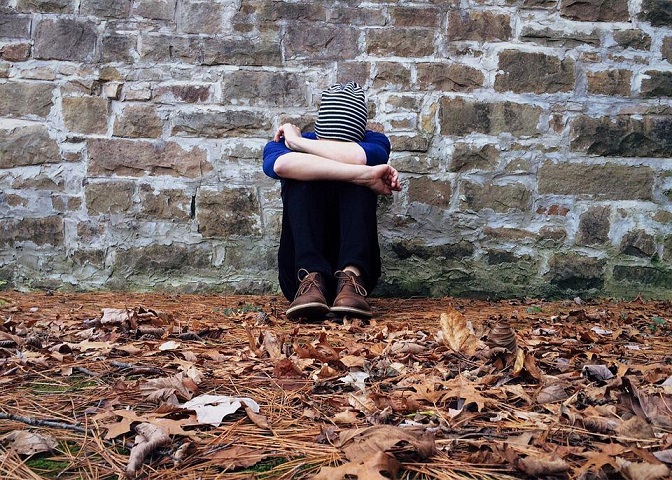In Guatemala, as in most Latin American countries, for a variety of reasons, many young women from all social strata become pregnant as a result of rape.
 Marcelo Colussi
Marcelo Colussi
These rapes occur in a high proportion of cases (around 80 per cent) within the family, with a close male relative or family friend being the perpetrator.
This constitutes a vicious circle, because these pregnancies have a psychosocial and cultural weight that is not easy to cope with: they are experienced with guilt, as a problem, because the biological parents in the vast majority of cases are part of the direct environment of the young mother-to-be. And this is a serious obstacle when it comes to denouncing or taking legal action, due to the feelings of guilt that arise. The culture of silence and submission is imposed.
Why do these forced pregnancies occur? Because of a combination of factors where the first thing that undoubtedly stands out is the dominant patriarchal culture, which permits this practice. Added to this is the lack of legislation on the issue, plus a notorious lack of information, myths and prejudices, and machismo as a “normalised” pattern.
All this blessed by the dominant (religious) morality, always misogynistic and patriarchal. Just so we don’t forget: during the Balkan War, where many women were raped, the then pope John Paul II told them not to abort and to transform the child on the way into an “act of love” (SIC).
 The fact that many of a country’s girls and young women become pregnant as a result of gender-based violence and a traditional culture that tolerates it is a serious public health problem, a socio-epidemiological problem.
The fact that many of a country’s girls and young women become pregnant as a result of gender-based violence and a traditional culture that tolerates it is a serious public health problem, a socio-epidemiological problem.
The problem is not the “intrinsic evil” of male chauvinists but an age-old cultural pattern that continues to be reproduced day after day, where a “male”, in order to feel like one, must repeat the dominant archetypes, and where women are marginalised, often by means of beatings, so that they do not abandon their role of submission.
Guatemala has worrying data in this area. According to reports from the Ministry of Health and Social Assistance, there are more than 50,000 unwanted pregnancies among girls and adolescents each year. A good percentage of these pregnancies are due to rape practices.
The taboo nature of the subject prevents reliable data on the subject: far less is reported than actually occurs.
It seems that decision-makers at the governmental level are not interested in promoting it. On the contrary, they are seeking to generate laws that punish the termination of pregnancy, even in circumstances of rape, they demonise homosexual couples or any expression of sexual diversity. The medieval mentality has not completely disappeared.
All this occurs alongside issues that are always silenced, such as incest and abortion, or the arrangement of marriages without women’s consent.
 is virtually no data on these issues, let alone efficient and rational public policies to address them.
is virtually no data on these issues, let alone efficient and rational public policies to address them.
The harms of unwanted pregnancy resulting from rape for girls and young women are numerous and profound.
Apart from the physical damage, the psychological health of these girls/young mothers is greatly affected. In fact, in addition to the rape itself, the pregnancy also functions in that sense as a trauma. And any trauma is, always and in any context, a negative, disturbing element.
It affects self-image and can lead to anxiety, various psychosomatic disorders, feelings of guilt, can eventually trigger psychotic reactions, and in extreme cases can lead to suicide.
This is in addition to all the diseases and disorders of a biomedical nature that it can bring with it, among which one cannot avoid mentioning sexually transmitted diseases, including HIV, the most serious one.
As long as it is not seen as a serious health problem for the whole community, it will continue to be repeated, thus feeding the macho and authoritarian culture. PL
(Translated by Cristina Popa – Email: gcpopa83@gmail.com) – Photos: Pixabay












.jpg)












